NEX-LABS first fact finding mission in Italy - a successful week to exchange ideas about innovation in Water, Energy and Food
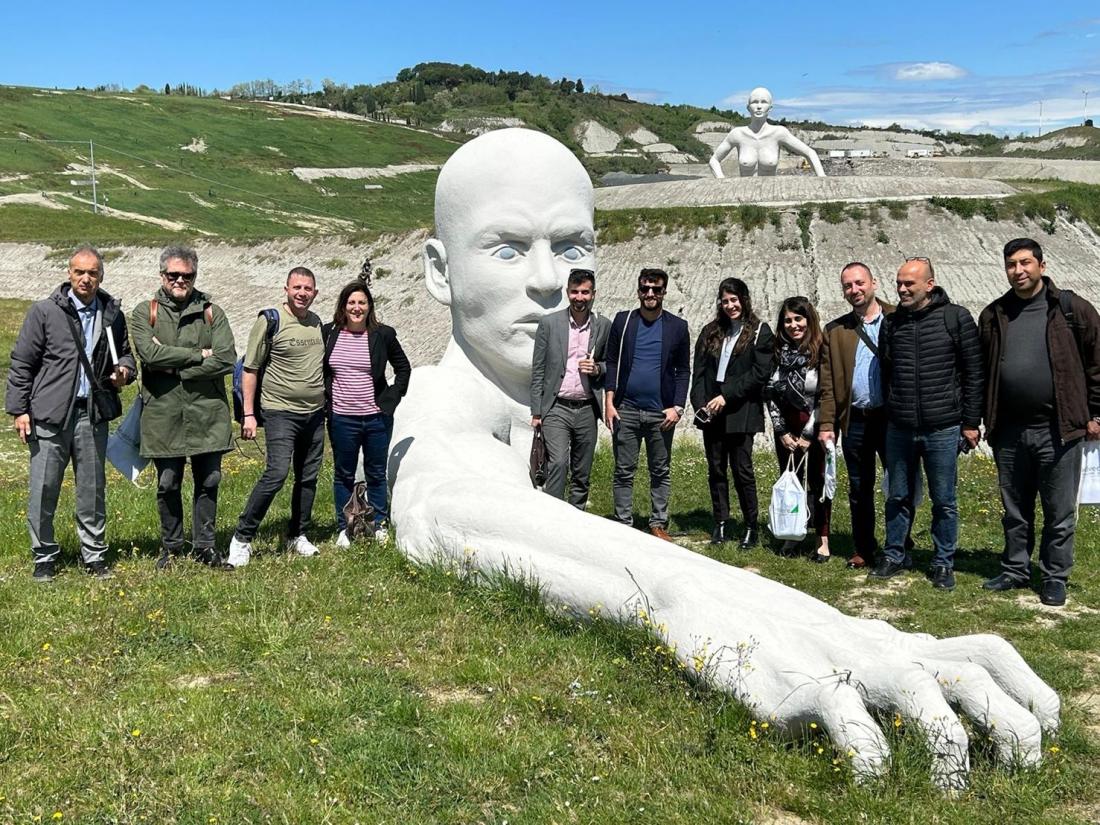
From 2nd to 5th May the NEX-LABS project organized the first fact-finding mission in Pisa (Italy), bringing together six Mediterranean innovators selected through an open call.
The innovators coming from Palestine, Egypt, Algeria, Lebanon and Jordan met with companies, researchers, and research centers to discuss innovation in water, energy, and food. The itinerary was carefully planned, and the group was warmly welcomed before being transferred to their first site visit.
Their first meeting was with Prof Bonaduce and Prof Benedetta Mennucci from the Department of Chemistry and Industrial Chemistry of the University of Pisa and with Prof Lo Frano from the Department of Civil and Industrial Engineering. Then, the group met virtually with Sfera Agricola. Sfera Agricola is a startup that specializes in developing new technologies for sustainable agriculture. The group discussed the latest trends in agriculture and explored how to improve food security in the Mediterranean region.
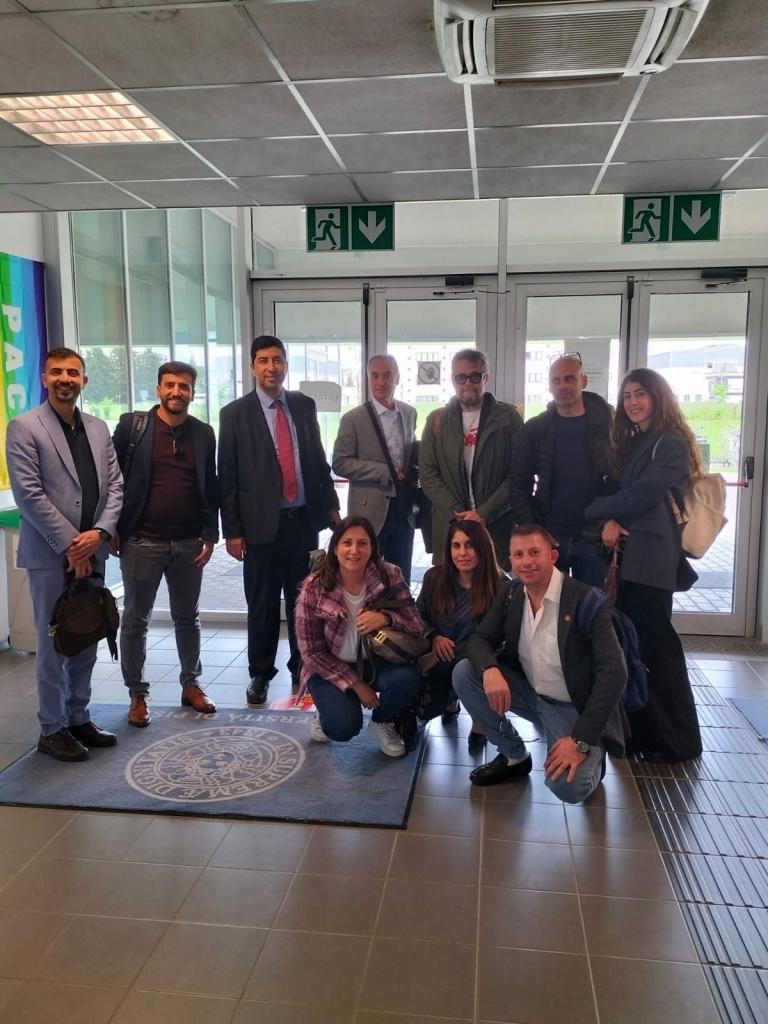
On the second day, the group visited Belvedere SpA, well known in Italy as a virtuous case of landfill management through a nexus approach, then they visited Acque SpA, Acque is a leading utility company in water management, and the innovators discussed the latest trends in water management and treatment with the company's experts.
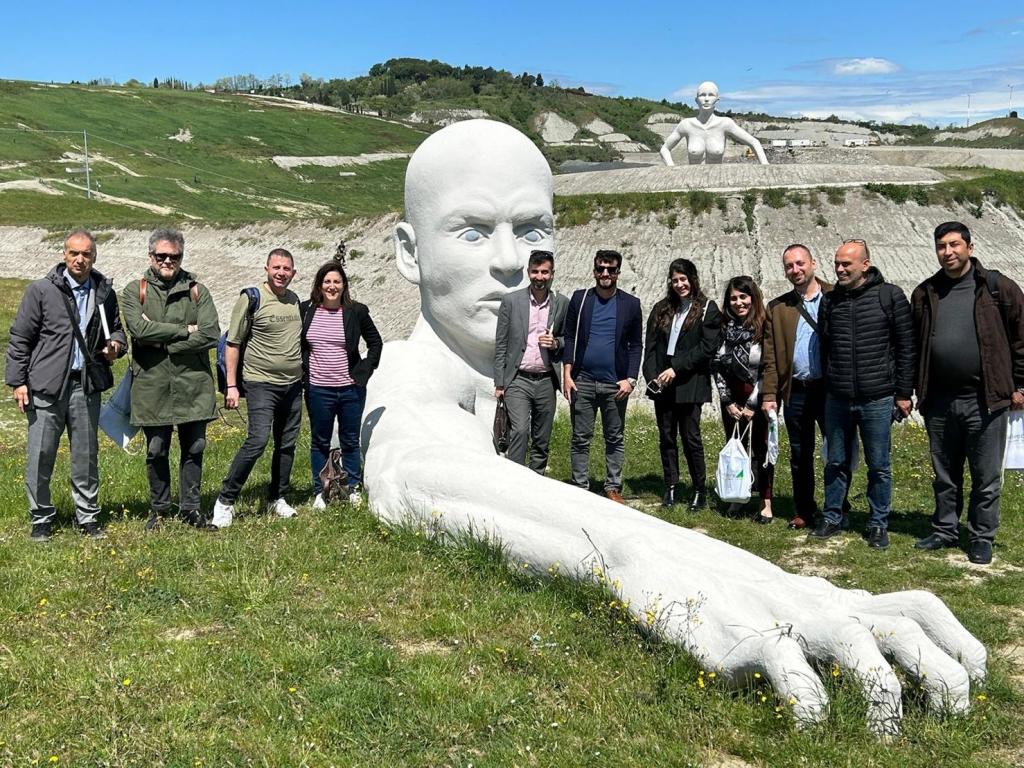
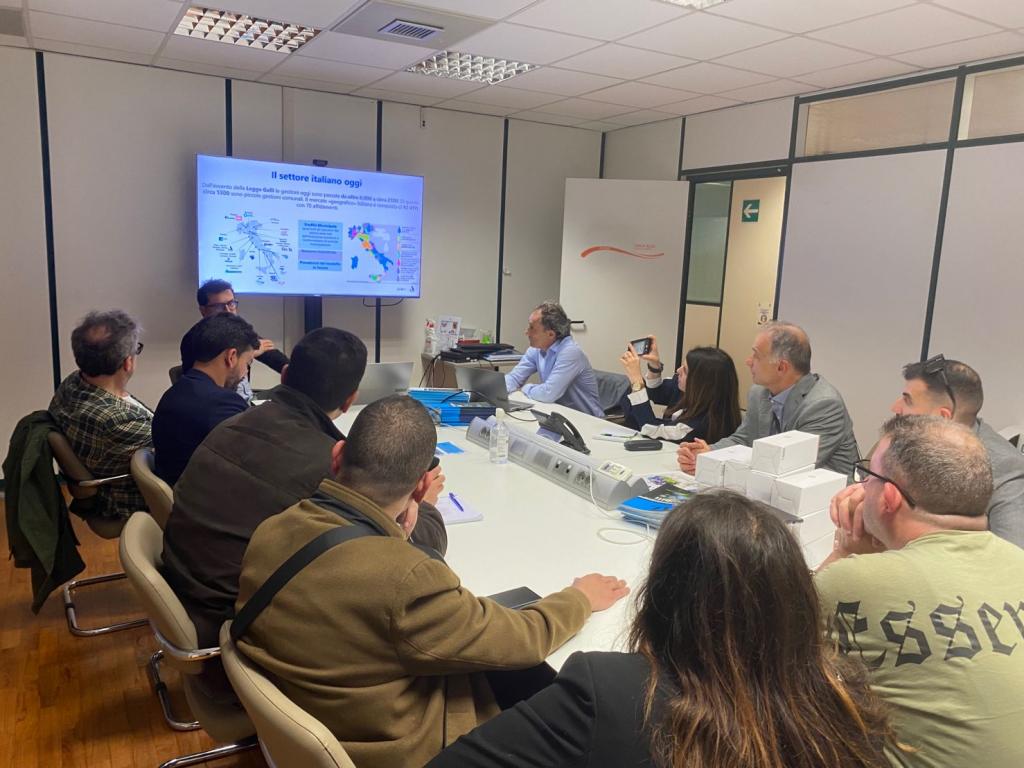
On the third day the group headed to the Technology Park, where they met with the responsible of the incubator and with two companies: 3logic and Cubit, while in the afternoon they met with Prof Conti and Prof Moretti from the Department of Agricultural, Food and Agro-Environmental Sciences where they discussed about the PRIMA funded FEDKITO project and the activities of the University of Pisa Contamination Lab in supporting innovation and entrepreneurship.
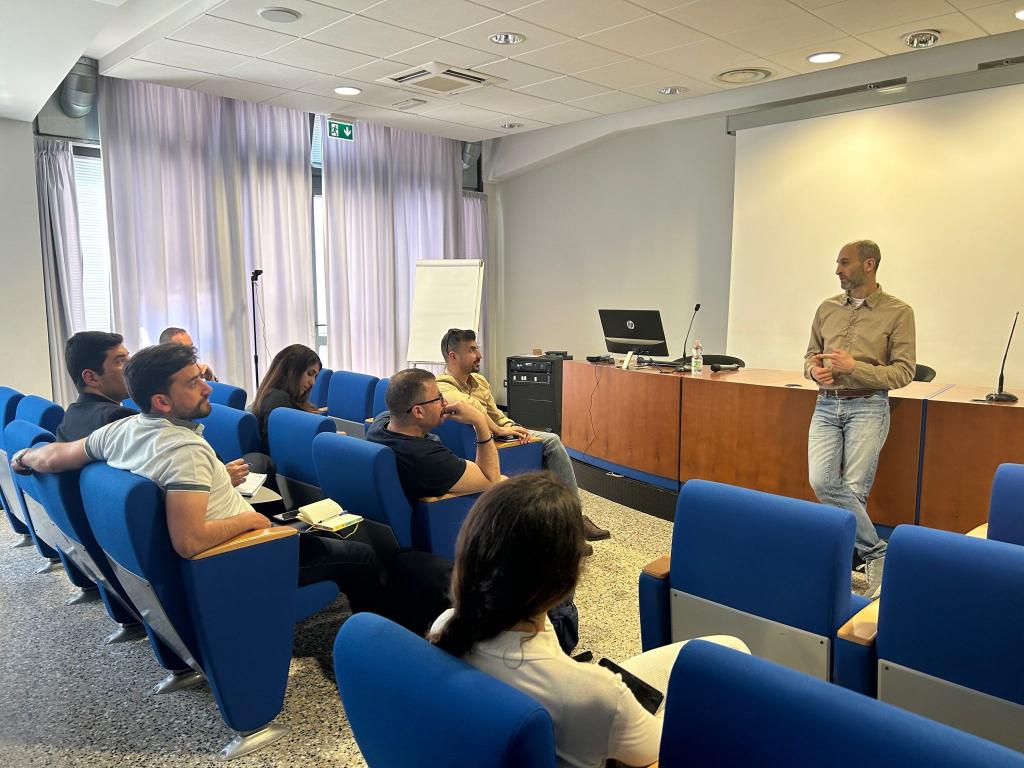
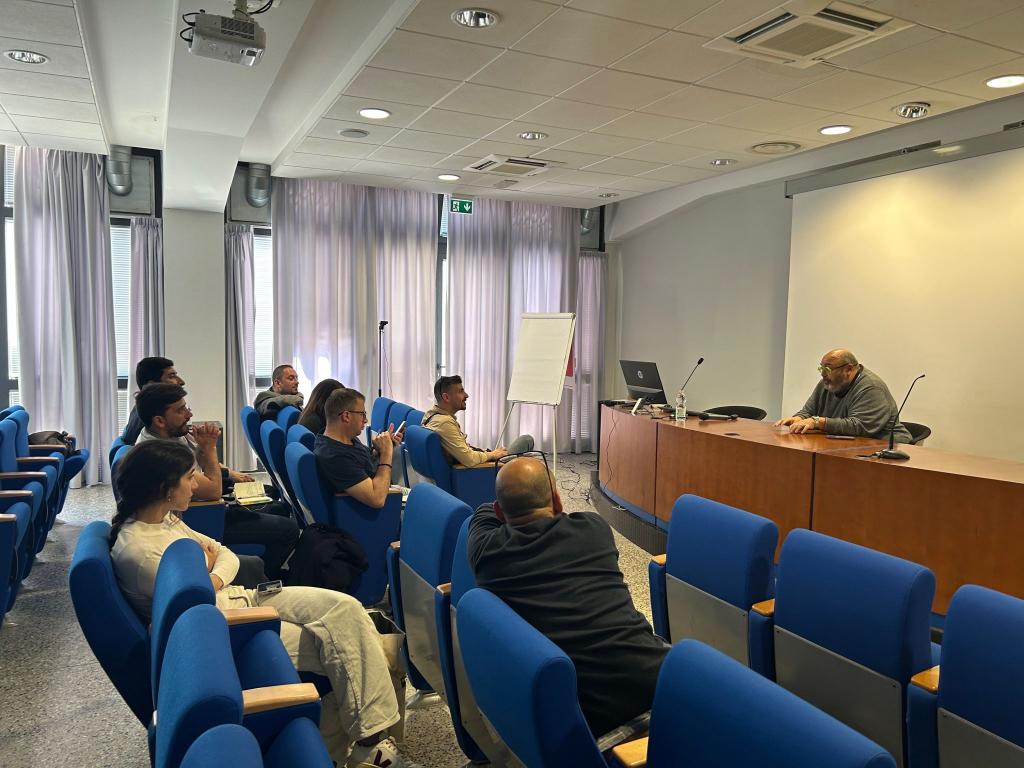
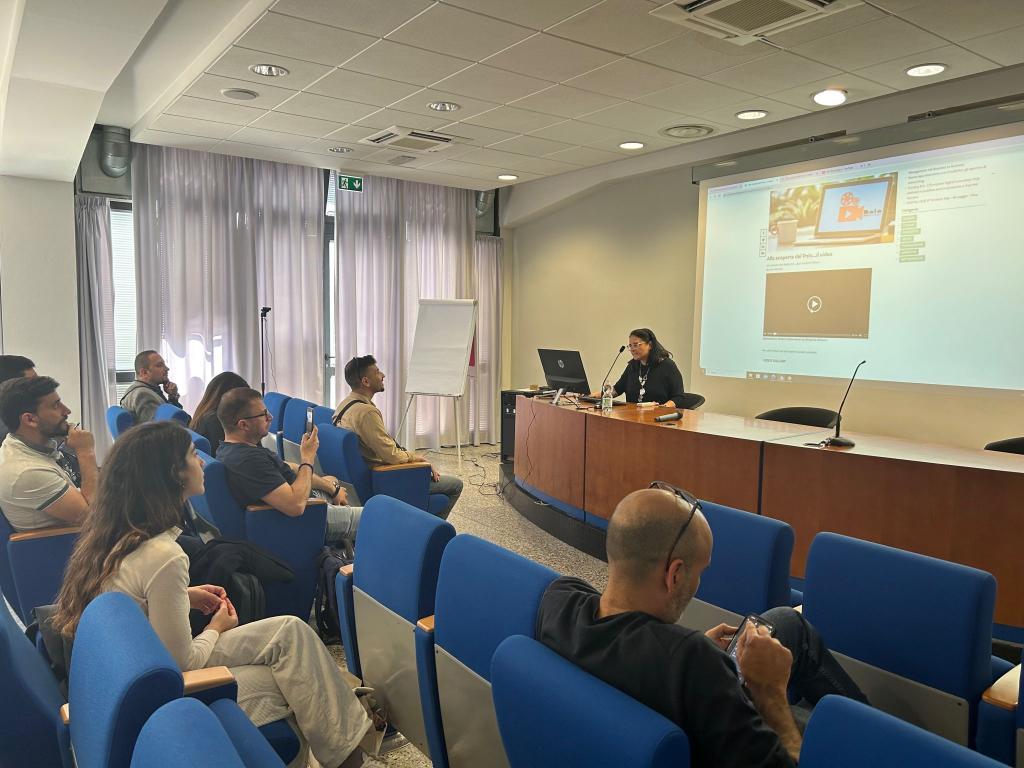
On the last day, the delegation met with Prof Dell’Acqua from Sant'Anna's Center of Plant Sciences. Here, they learned about the latest developments and main projects in sustainable agriculture in Africa.
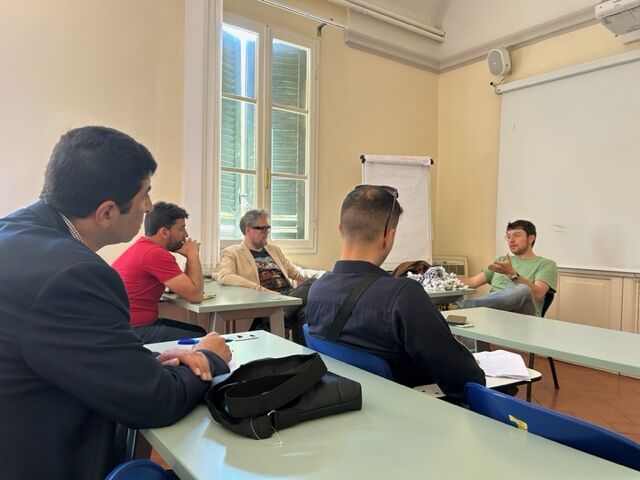
The group then visited NEST, the National Enterprise for nanoScience and nanoTechnology, an interdisciplinary research and training centre where physicists, chemists and biologists investigate scientific issues at the nanoscale.
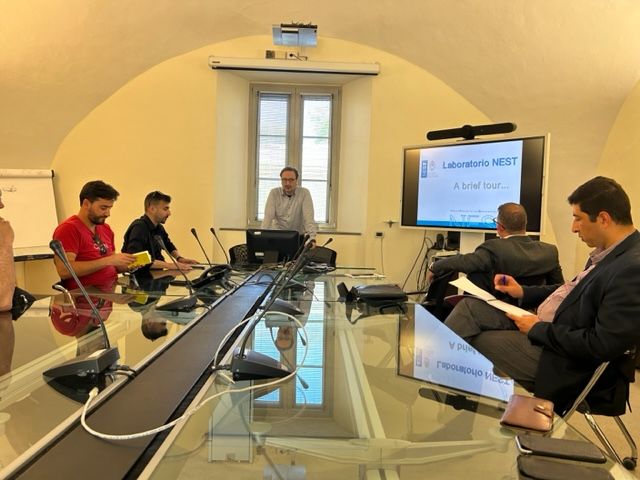
Overall, the fact-finding mission was a great success. The innovators had a chance to explore the latest developments in water, energy, and food, and to discuss new ideas and solutions with some of the leading experts in the field. The carefully planned itinerary allowed the group to visit a wide range of sites, and they left with new insights and inspiration for future projects.









